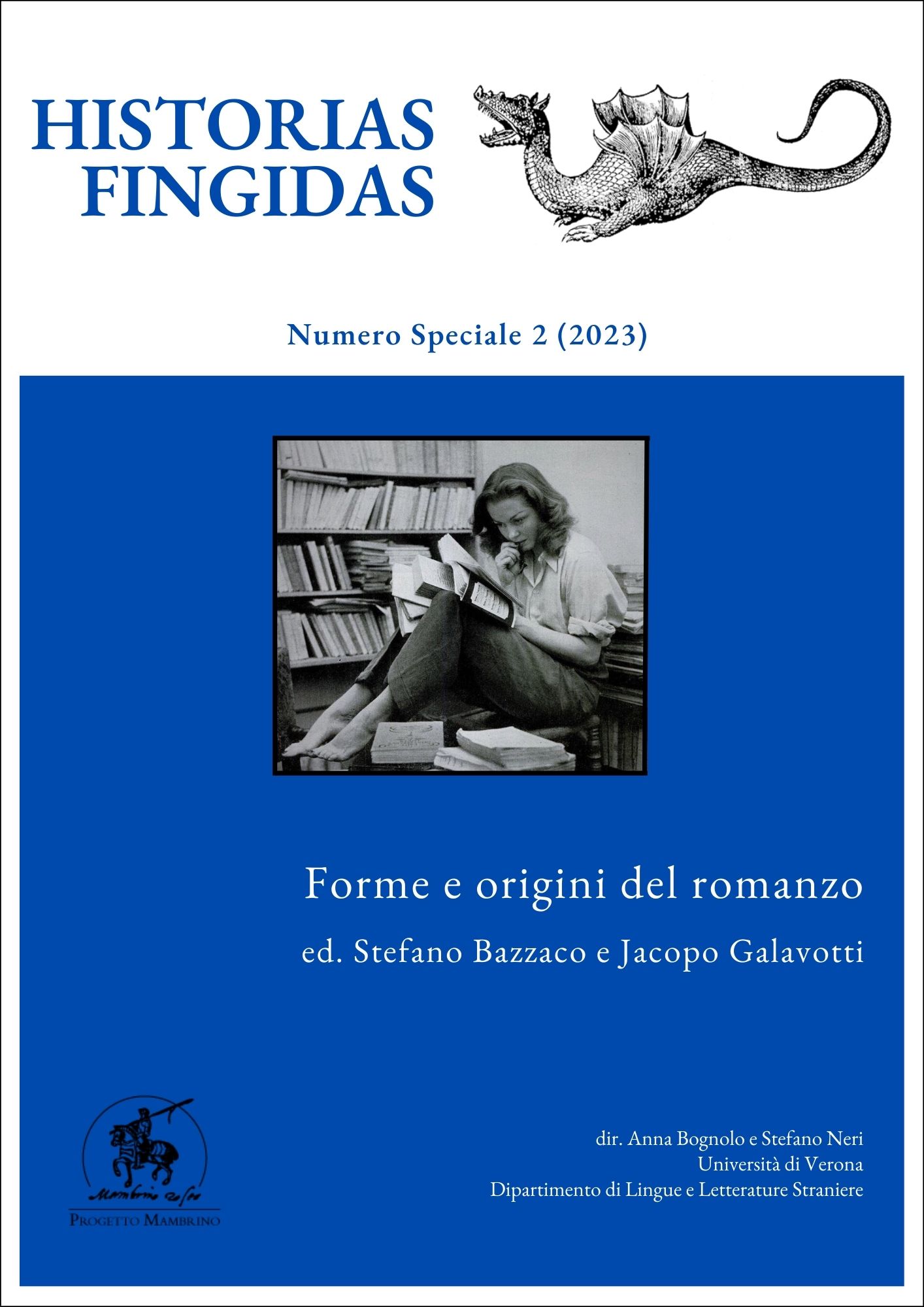Towards a «creative memory»
Shoah and fiction in 20th-21st century French literature
DOI:
https://doi.org/10.13136/2284-2667/1238Keywords:
Shoah, memory, truth, fiction, novelizationAbstract
What status should be accorded to the “truth” of fiction with respect to the memory of the concentration camps? The article takes up the debate sparked by the famous Adornian interdiction on poetry after Auschwitz, to highlight how the novel is indicated, both by some survivors of the camps (such as Antelme and Semprun), and by the writers of the post-Shoah (from Perec to Camille de Toledo), as the only way out of a form of memory that has now become almost "pathological", because it is obsessive, institutionalized and emptied of its true essence. The contemporary era, marked by new challenges, such as the Covid-19 emergency and the war in Ukraine, which have awakened dark parallels with the Shoah and new denials, manifests more than ever the need for a “creative memory” (Imre Kertész) - pacified, communitarian, renewed in the transitivity of its message -, able to tell what it was, without forgetting to give new forms to the future.
Keywords
[EN] Shoah, memory, truth, fiction, novel
Downloads
Published
Issue
Section
License
Copyright (c) 2023 Francesca Dainese

This work is licensed under a Creative Commons Attribution-NonCommercial 4.0 International License.
Authors must attend to the following conditions:- Authors will mantain the copyright of their work and leave to the journal first publishing rights, simultaneously licensed by a Creative Common License - Attribution - No Commercial Use that permits other researchers to share the work indicating the intellectual property of the author and the first publishing in this journal not for commercial use.
- Authors can adhere to other license agreements not exclusive to the distribution of the published version of their work (for example: include it in an institutional archive or publish it in a monografic book), with the agreement of indicating that the first publishing belongs to this journal.
- Authors can disseminate their work (for example in institutional repositories or their personal website) before and during the submission procedure, as it can lead to advantageous exchanges and citations of the work (see also, The Effect of Open Access).

